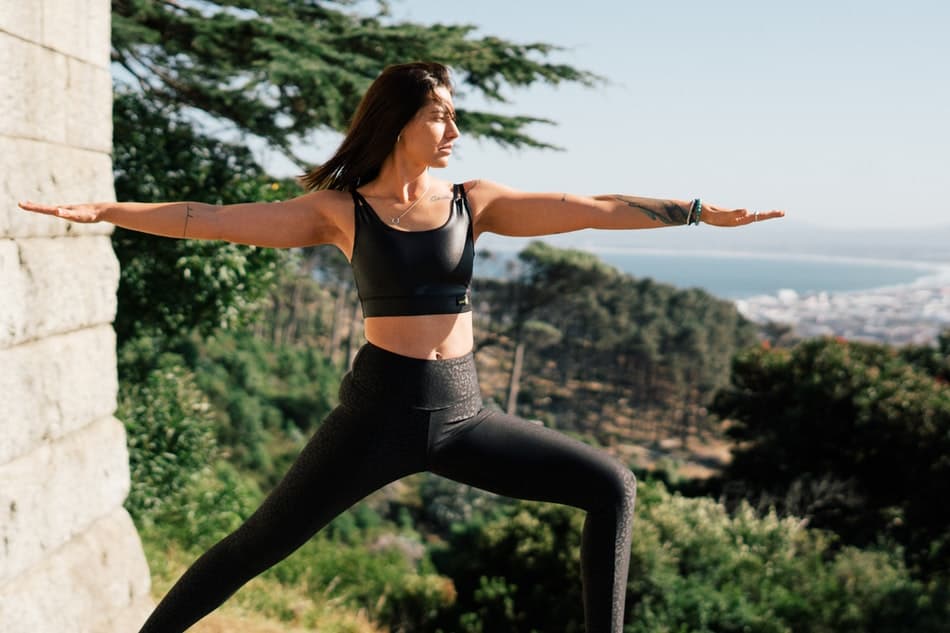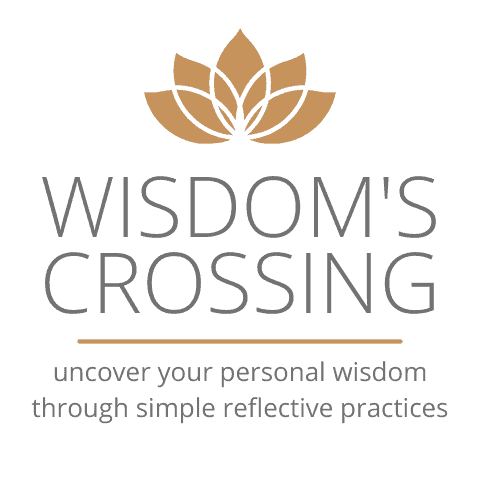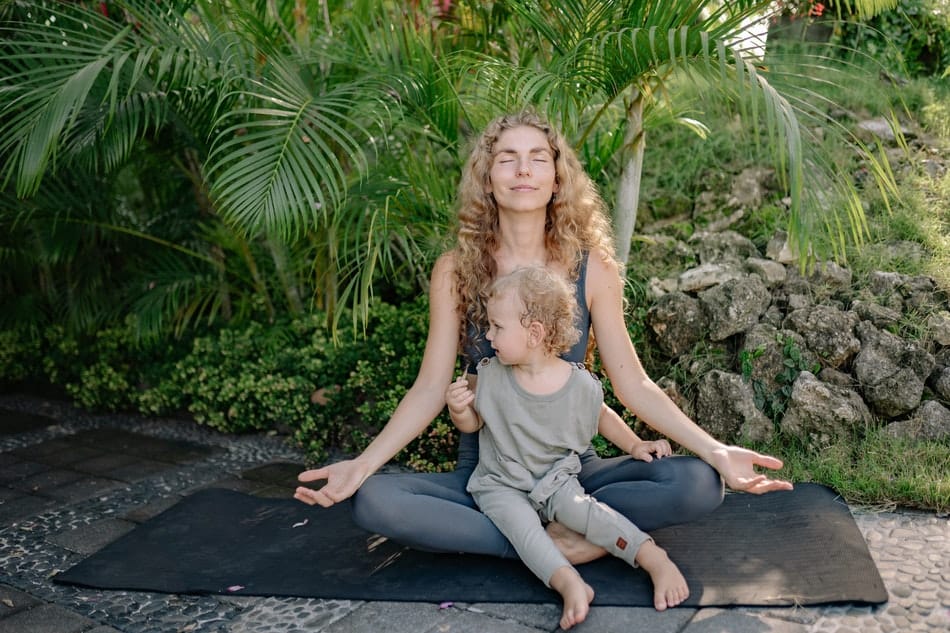If you’re like most people, you’ve probably heard of the debate between this two Restorative vs Hatha Yoga. But do you know the difference between them? In this article, I will discuss the differences between Restorative Yoga and Hatha Yoga, and help you decide which one is right for you!
There’s no doubt that both Hatha and Restorative yoga offer a wealth of benefits. But which one is better? It depends on what your goals are. If you’re looking to increase strength and flexibility, then Hatha yoga is probably the better option.
What Is Restorative Yoga?
Restorative yoga is a type of yoga that is focused on relaxation and healing. It is often used to help people recover from injuries, illnesses, or stress. Restorative yoga poses are usually done with props such as blankets and bolster to support the body and help the student relax. Restorative yoga can be a very effective way to manage stress and promote healing.

What Are The Benefits Of Restorative Yoga?
Restorative yoga is a type of yoga that uses props to support the body to promote relaxation. It is often used as a way to reduce stress and anxiety and has many other benefits. Here are some of the most noteworthy benefits of restorative yoga:
- First, restorative yoga can help to improve your sleep quality. If you have trouble falling asleep or staying asleep, practicing restorative yoga before bed may be able to help. The poses and breathing exercises can help to relax your body and mind, making it easier for you to fall asleep and stay asleep throughout the night.
- Second, restorative yoga can help relieve pain. If you suffer from chronic pain or acute pain, restorative yoga may be able to help. The poses and props can help to take pressure off of your joints and muscles, providing relief from pain.
- Third, restorative yoga can help reduce stress and anxiety. If you are feeling stressed or anxious, restorative yoga may be able to help. The poses and breathing exercises can help to relax your body and mind, reducing the overall levels of stress and anxiety you are feeling.
- Fourth, restorative yoga can improve your flexibility. If you are looking to improve your flexibility, restorative yoga may be able to help. The poses and props can help to stretch and lengthen your muscles, improving your overall flexibility.
What Is Hatha Yoga?
Hatha yoga is a type of yoga that emphasizes physical postures or poses. “Ha” means sun, and “the” means moon. Hatha yoga is sometimes called Ashtanga Vinyasa Yoga, Power Yoga, or just plain old Yoga. It is the most popular type of yoga in the United States today.
There are many different styles of hatha yoga, but they all have one thing in common: an emphasis on the breath and on holding each pose for some time. In hatha yoga classes, students usually hold each pose for several breaths before moving on to the next one.

The Benefits Of Hatha Yoga
If you’re thinking about trying hatha yoga, here are five benefits that may convince you to give it a try.
- Improved flexibility is one of the most noticeable benefits of hatha yoga. With regular practice, you will notice an increase in your range of motion and be able to move your body in ways that you couldn’t before. This increased flexibility also leads to improved posture and alignment.
- Another benefit of hatha yoga is increased strength. While some people may think that yoga is all about relaxation, the truth is that many of the poses require a lot of muscle power to hold them for an extended period. As your muscles get stronger, you will also notice an improvement in your balance and coordination.
- Hatha yoga can also help to improve your breathing. The slow, controlled breathing exercises (pranayama) that are a part of hatha yoga can help to increase your lung capacity and improve your overall respiratory function.
Restorative vs Hatha Yoga: The Differences
When it comes to yoga, many different styles and variations can be practiced. However, two of the most popular types of yoga are restorative and hatha yoga. While both practices offer a variety of benefits, there are some key differences between the two. Here are key differences
Restorative yoga typically consists of fewer poses than hatha yoga. The poses that are included in a restorative yoga practice are often held for a longer period.
- The breathwork associated with restorative yoga is typically slower and deeper than the breathwork associated with hatha yoga.
- Restorative yoga is generally a more gentle practice than hatha yoga. This makes it an ideal practice for those who are new to yoga or those who are looking for a less strenuous workout.
So, there you have it! These are four key differences between restorative and hatha yoga. When deciding which type of yoga is right for you, consider your goals and intentions for practicing Yoga. If you’re looking to relax and de-stress, then restorative yoga might be the perfect fit.
Final Words
So, what’s the bottom line? If you’re looking for a more gentle, meditative practice that focuses on relaxation and healing, restorative yoga is probably a better fit for you. However, if you’re looking for a more physically challenging practice that will help you build strength and flexibility, hatha yoga may be perfect. Ultimately, the best way to decide which type of yoga is right for you is to try out both and see which one resonates more with your personal goals and needs. Whichever type of yoga you choose, remember to listen to your body and go at your own pace – the most important thing is that you enjoy your practice!
Related Articles

